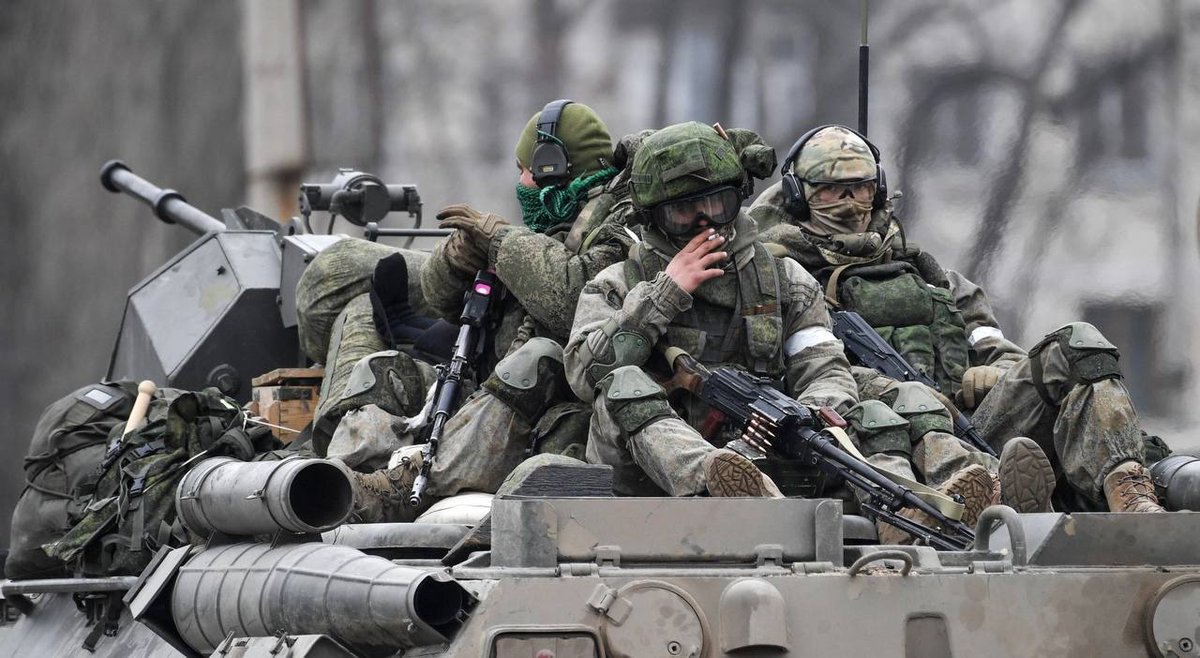
The #Russian Ministry of Defense has reportedly agreed to and ordered the withdrawal of Russian forces from the Western side of the #Dnieper River, including the city of #Kherson and the #KhersonRegion under current Russian control.
t.me/rian_ru/184901
1/X
t.me/rian_ru/184901
1/X
https://twitter.com/osint_east/status/1589304808275484672
The withdrawal will reportedly take place "in the near future" and in conjunction with a phased retreat, including the destruction of bridges and port facilities on the western side of the river.
t.me/rian_ru/184902
2/
t.me/rian_ru/184902
2/
This now opens up the potential for a phased retreat-to--defense which may involve the integration of long range fires to compensate for territorial loss, and to maintain pressure on advancing #Ukrainian forces.
3/
3/
https://twitter.com/osint_east/status/1589305171103821824?s=20&t=IGIpVwOA7UmvRWMBytSK8A
It is not clear the pace of retreat, or how the AFU will take advantage the reported withdrawal.
Regardless, the ramifications of Russia losing the city of Kherson are expected to be enormous. That may be manifesting as a political reality as well:
4/
Regardless, the ramifications of Russia losing the city of Kherson are expected to be enormous. That may be manifesting as a political reality as well:
4/
https://twitter.com/wartranslated/status/1590340113632219136?s=20&t=IGIpVwOA7UmvRWMBytSK8A
Should Kherson be completely re-captured in the coming days, it will likely represent most consequential victory for Ukraine since the battle of Kyiv, and will certainly signal its ability to continue effective operations in the long-term.
5/
5/
https://twitter.com/osint_east/status/1589305131849244672?s=20&t=IGIpVwOA7UmvRWMBytSK8A
Russia will continue to promulgate a narrative to deflect blame/dissent because of a withdrawal, but that may not be enough to alleviate the political pressure the loss of Kherson represents for the invasion project.
6/
t.me/rian_ru/184907
6/
t.me/rian_ru/184907
The reporting of Surovikin to Shoigu on the situation in Kherson, and the agreement to withdrawal Russian forces to the eastern side of the river.
This appears to be a MoD decision directly, of which the political maneuvering here may be of interest.
7/
This appears to be a MoD decision directly, of which the political maneuvering here may be of interest.
7/
https://twitter.com/wartranslated/status/1590368333727424512?s=20&t=OiuPrQEjwupEJ9RztYKUOw
Understandably, there is caution based on previous events where Russian forces and communications methods deliberately obfuscate the truth.
The extent of withdrawal can only be clear when Ukrainian forces actually begin moving in #Kherson at pace.
9/
The extent of withdrawal can only be clear when Ukrainian forces actually begin moving in #Kherson at pace.
9/
https://twitter.com/Podolyak_M/status/1590379076464041984?s=20&t=172PP0aYTT7FuVr_q-NVCA
• • •
Missing some Tweet in this thread? You can try to
force a refresh















